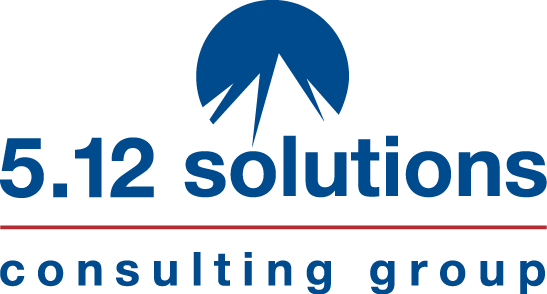I was recently at a client’s office, meeting with an executive team I’ve worked with for several years. I hadn’t seen these leaders in over 18 months. The moment I made eye contact with the CEO, my anticipation and excitement levels were through the roof, only to be tempered by an awkward moment when I wasn’t sure if the social norm was to shake hands, offer a fist bump or elbow touch, or just continue smiling at each other with no contact.
We both laughed and acknowledged our confusion over the new social norms of business greetings.
This brief moment was a stark reminder of the epic change we’ve experienced over the last 18 months. Massive disruptions and business transitions tend to evolve slowly, often taking years or decades to materialize. Not this one! And the suddenness and enormity of this change has us all a little off balance.
How can we regain our equilibrium? I think one of the best ways is by learning from the experience and wisdom of seasoned leaders. I’m grateful for the opportunity to do just that via this season’s Future of Work podcasts. After reflecting on the interviews I conducted with several high level executives, I’m excited to share the wisdom that has stuck with me. These first five lessons relate directly to people. Stay tuned for the additional lessons that I’ll share in November.
Five People Lessons
Lesson #1: Perspectives and Priorities Have Changed
In my interview with Evolve Vacations’ Chief People Officer, Alison Meadows, she mentioned that people’s perspectives have changed and, as a result, so have their priorities. People can’t un-see what they have seen. Over the past 18 months, we’ve been able to experience our lives in a way that hadn’t been available to us before. Helping our children with school work or going for a run in the middle of the day or spending more time with family or prioritizing health and wellness or pursuing a passion that was burning inside—they all won out over work. This temporary perspective change has initiated a more permanent priority change. People have realized that life is short, and they aren’t going to tolerate a bad boss, or a toxic culture of a workplace that doesn’t allow them to bring their whole self to work.
Lesson #2: Be Flexible about Flexibility
Every executive I interviewed mentioned flexibility as a top request (or should we go as far as to say demand?). Many people have been working very successfully remotely. Employees are expecting when and where they work to be flexible. Very few people want to come back to the office five days a week. I believe there needs to be flexibility in how organizations are being flexible. A one-size-fits-all approach does not fit all. Manufacturing or operations personnel may have never left the office and have different flexibility needs than someone in sales with a customer-facing role or an engineer who can be more productive when working remotely.
Lesson #3: Ping Pong Tables Don’t Cut It Anymore
Free snacks, beer-on-tap Fridays, maybe even a stand-up desk. These surface-level perks might have been fun benefits, but they don’t distract from the deeply human experience we’ve been through in the past 18 months. People want more. They want their employers to genuinely understand and be able to adapt to their multifaceted lives. They want their employers to allow them to bring their whole selves to work. And they also want a work experience that has a deeper sense of purpose and contribution.
Lesson #4: People Connections Matter
Remote work has proven to be efficient and productive, but we are still human and all have a deep need to belong. Everyone wants to feel connected. Creating connection was easier when everyone was in office and we muddled through the temporary 100% virtual situation. How will we create connection in our hybrid workplace? That question keeps me up at night. I am worried about how organizational culture will evolve. So much is dependent on the physical space—artifacts, posters on the wall, bumping into people. Those get lost in a zoom call.
Lesson #5: The Way Employers Treat People Matters
Employees are leaving their jobs in record numbers. Organizations are jumping to well-intentioned quick fixes that fall flat. And this widespread trend is expected to persist—if not accelerate. In my interview with Mary Hassett, Chief Human Resources Officer at Lam Research, Mary reminded me that an employer’s track record matters and isn’t quickly forgotten. Employers actions during the pandemic— how they showed that they cared by offering solutions to help employees with childcare, mental health, and the incremental expenses due to COVID— are influencing whether those people stay or go now. As you look toward the future, don’t ever forget: how you treat people matters.
Embrace Your Awkward
It’s likely that many of us will experience awkward moments as we navigate our new hybrid workplace. And while there is no playbook for returning to work after a pandemic, I believe these people-centered lessons will put us on the right track to a more human workplace. After all, we should never forget that organizations are made up of people.

